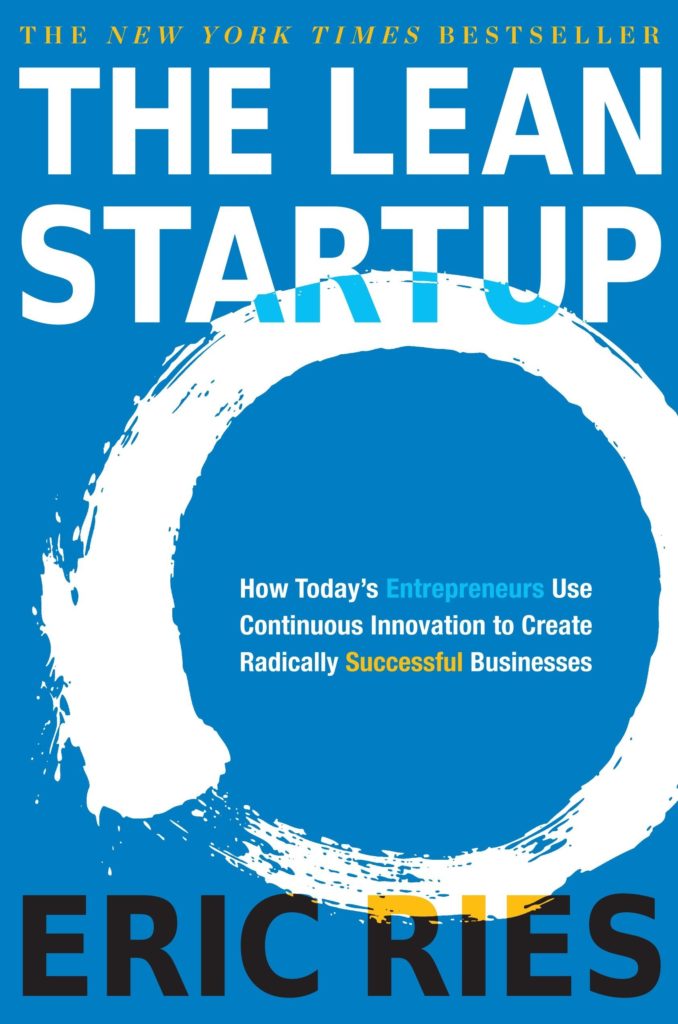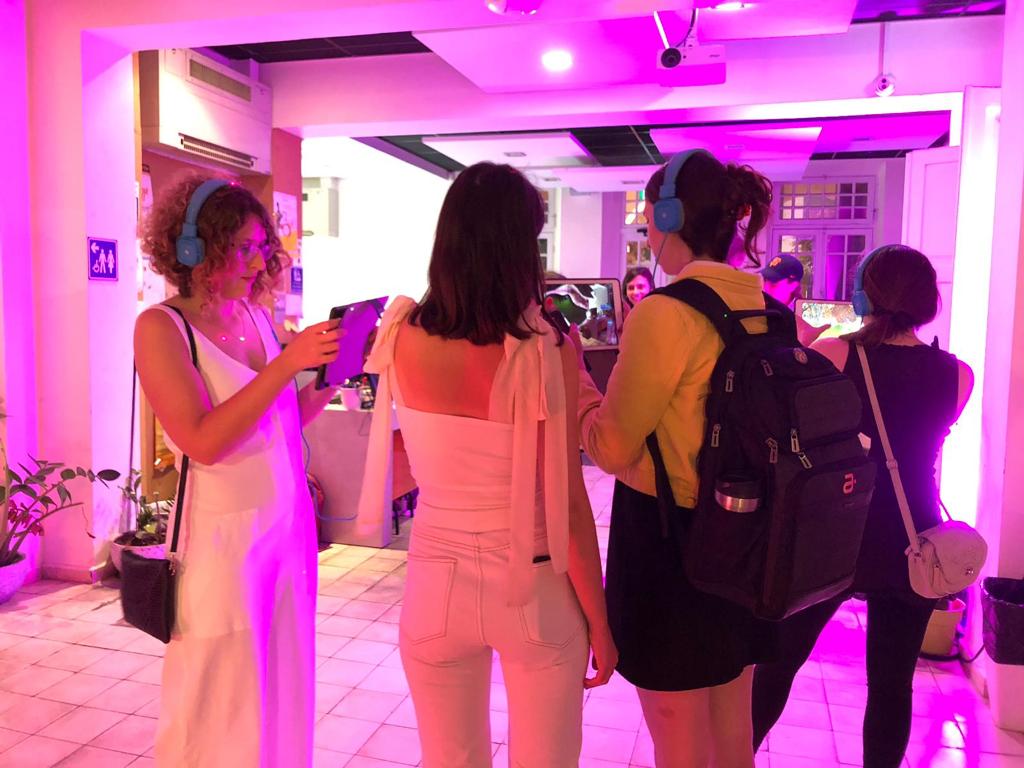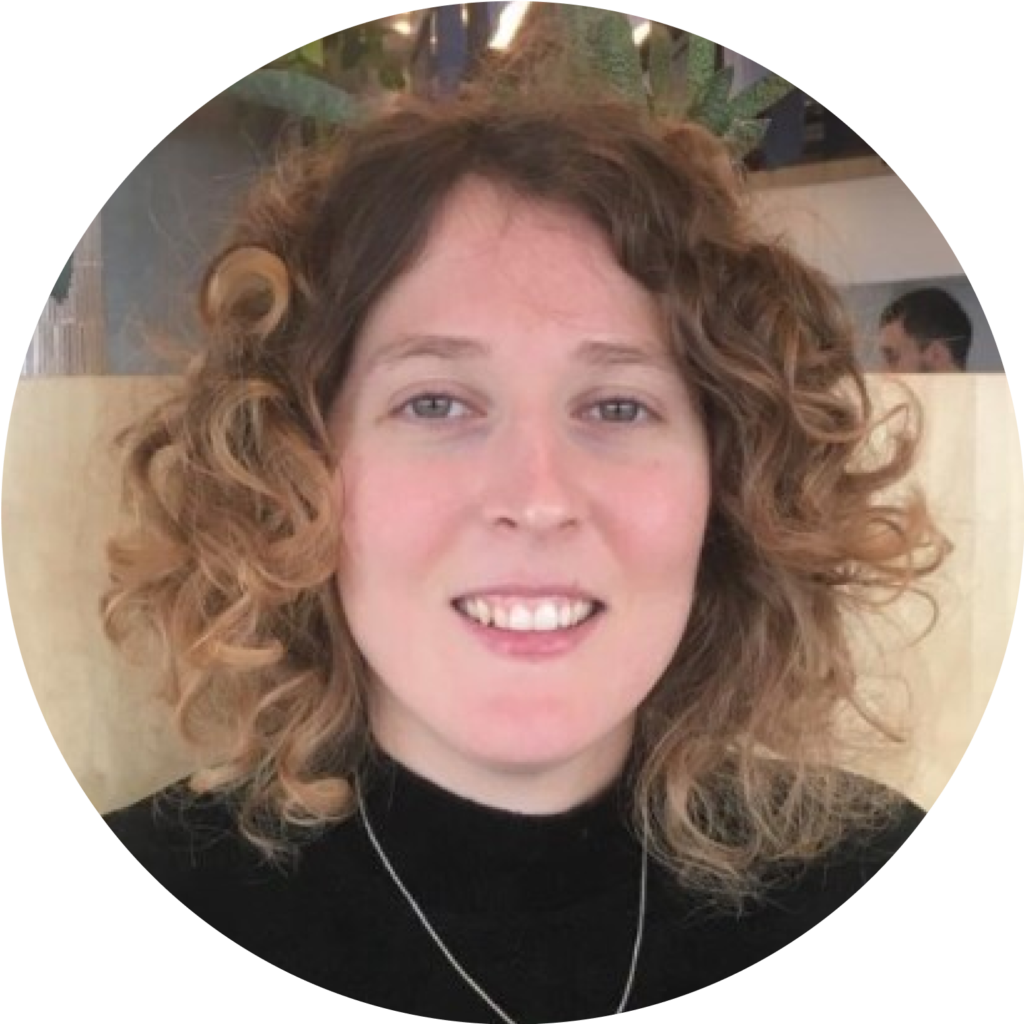1. What is a daily habit you love doing?
Taking really long showers. If it's in the morning then it freshens me up for a busy day and if it's in the evening then it calms me down before going to bed.
2. What piece of advice would you give yourself when you started? What advice would you ignore?
Advice I would give myself is don't take everyone's advice – once you start joining various circles of accelerators' programs, co-working spaces, etc. you'll meet tons of people. Every person that you'll meet, especially people who are mentors by definition, will have some advice.
It's true that you can learn from bad advice as well, since it forces you to rethink your solution, and improves your planned path. However, considering each piece of advice takes a lot of energy and time and if you'll do that 3 times a week you're in danger of wasting too much resources on implementing advice which wouldn't make a difference, or would even derail you from your path.
Common advice that I'd ignore – people who tell you that you should take a lot more time researching before going to market. No – you should build and release as fast as you can. Studying the market is a never-ending task. Market research is needed even more so once your product is out there. I did five-month research on museums and technology myself. But once you have the product, start selling.
I've had many experienced business people that told us we should pause everything and go back to the research. If we would have listened we wouldn't have our first paying customer and a launched product, and all of our competitors would have beaten us to the market.
3. What piece of content (book/podcast/Ted Talk) is your favorite or has influenced your life?
In regards to entrepreneurship – the all time classics "The Lean Startup" by Eric Ries, and “The Hard Thing About Hard Things” by Ben Horowitz. These two books are brutally honest in the way they describe how your life as a founder will be and how building a company will take every inch of your soul (in a good way, though). If you read these two and are still going for it – than you definitely have a great shot at success.

★ Oren Buskila, Co-Founder of Innoviz also recommended ‘The Hard Thing About Hard Things’ by Ben Horowitz. So did Eran Zinman, Co-Founder & CTO of monday.com. Read his answers here.
On a more personal level – my favorite book is "The Catcher in the Rye" by J. D. Salinger. I read it when I was about 12 years old, and then again almost every year (still going). First, it is one of the most well written stories so it's a pleasure to read. Second, I relate to Holden's burden of over-analyzing and overthinking things. It's both good and bad, I think, because he has his own world, but he's also too disconnected. I love this book and each time I read it, itmakes me think about how I want to perceive society and where my place is in it.
4. What is the most valuable investment (time, money or energy etc.) that you’ve ever made?
Choosing our first core team member. It was an instant click, and he is so ambitious. I'm reading a lot about how to know which people will fit your startup, and how to pitch them, and so on. With this person, it felt so natural and clear. It was a good investment of time (and options) to have him onboard – each conversation is followed up by key action points and each process he is involved in becomes meaningful for the product. In general, people are the best and worst investments.
★ Adi Azaria, CEO of Workiz, also tells us how he values his team and his passion for growing people in it. Read his answers here.
5. Is there a quote, mantra or message you live your life by and that you resonate with? It can be someone else's as well.
Well, I feel like almost all mantras are superficial. Maybe something that resonates with me is flexibility within your vision. The vision could be success and you can pivot and change your course in whichever way as long as you are satisfied.
6. What helps you stay motivated on good and hard days?
On good days – it's a piece of cake to stay motivated as hell.
On bad days – I kind of remind myself that I chose this path. I got myself into this way of life as an entrepreneur. So, in a way, I'm actively choosing to have these bad days (since most days in a startup are complex and hard so you should expect that) and once I'll change my decision I can work as an employee, and I won't have bad days in terms of business (because employees, no matter how much they care, don't carry the financial and emotional burden of running the company). So, realizing that I choose to deal with those bad days and it is a situation I control, to some extent, helps me get through it.
And in general, for good and bad days, I converse with my father who helps me see the bigger picture and the destination.
7. What are you passionate about other than managing your own company?
I'm passionate about my family and friends. I enjoy meeting them, knowing about their life and future plans.

8. What have you recently thrown away or released from your life that made a positive impact and why?
I released the need to always have to be positive about the startup and open myself up to ask for help.
9. Share a failure you have experienced and what you learned from it.
Wasting time on customers who really really want the product, but for free.When starting out, you're excited about any potential customer. After working through several processes with customers who wouldn't pay, I've learned that I need to focus the energy on customers that will pay for it (even if the pricing is flexible at first) because giving away the product for free means you are being disrespectful for your own time and energy spent on building your company.
10. If you could have anyone in the world answer these questions who would it be and why?
Wow, that's tough. I wish my grandpa could have answered these questions. He passed away when I was 12 and he was a really good friend of mine. He also started a business (a moving company) so it could have been interesting to have his take on this aspect of his life, and I could feel like I knew him better.




